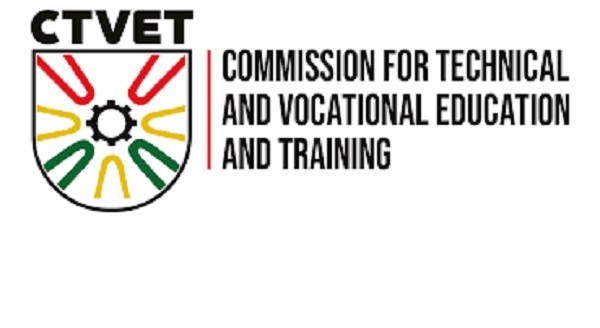
That technical and vocational education and training (TVET) is the panacea for the mounting unemployment among the youth in the country is undisputable.
This is because TVET allows students to gain practical experience in their chosen career paths, even before they graduate from school, which is its basic essence.
It is in this respect that since 2017, the government has targeted TVET as a catalyst to accelerate its industrialisation agenda through skills acquisition.
The Daily Graphic is happy that the government has, since then, invested heavily in the TVET space, retooling educational workshops, constructing modern TVET centres, bringing all skills training centres scattered among various ministries under the Ministry of Education and including 139 TVET schools, in addition to the already existing 47, in the Computerised Schools Selection and Placement System (CSSPS).
Additionally, the introduction of the TVET voucher project that gives free training and skills upgrade to master craftsmen and women, the My TVET campaign, which has resulted in increases in public pre-tertiary TVET institutions, as well as the establishment of the Ghana Skills Development Fund with a $60-million seed fund under the Ghana Jobs and Skills Project, are all laudable steps to make the TVET sector the leader in job creation.
To properly situate the TVET sector as the vehicle for the transformation agenda, the government, through Parliament, passed the Education Regulatory Bodies Act, 2020 (Act 1023).
Sections 42 and 43 of Act 1023 and sections 80, 81 and 84 of Act 1049 gave birth to the Commission of TVET (CTVET) as the regulatory body of all TVET activities in the educational space, both pre-tertiary and tertiary.
Aside from the creation of the CTVET as the general umbrella covering all TVET activities, for the first time ever, there is now a TVET Service (TVETS) under the CTVET, which now manages all institutions offering technical and vocational courses in the pre-tertiary space.
While commending the leadership role of the educational sector, led by Dr Yaw Osei Adutwum, with Dr Fred Kyei Asamoah heading the CTVET, we urge the ministry, through the CTVET, to ensure that the remaining 23 out of the 32 modern TVET institutions in nine regions towards modernising the sector come on board.
Thankfully, the construction of the first phase of nine is already progressing and we expect that the moment these projects are completed, the second phase will commence.
The huge amount of $158 million that has been set aside for the construction of these modern centres must be effectively utilised, for which reason we call on the ministry to strictly monitor these projects to ensure value for money and also that they are completed within their stipulated dates.
We are aware that the government has also invested a total of 123 million euros in upgrading and modernising all the erstwhile 34 National Vocational and Technical Institutes (NVTIs), their head office, together with the 10 regional offices, five apprenticeship offices across the country and the Opportunities Industrialisation Centre in Accra.
All these are giant steps by the government to realise its vision of transforming the TVET sector as the true catalyst of growth and a critical success factor in its industrialisation agenda.
However, we believe that all these investments will go waste if we are unable to attract the youth to be trained in these workshops and centres.
It is in the light of this that the Daily Graphic adds its voice to those of the Minister of Education and the Director-General of the CTVET to parents to encourage their children to freely select technical and vocational institutions as their first choices during the selection of schools in the CSSPS.
The good news is that all TVET institutions in the CSSPS are under the free senior high school (SHS) programme and students do not have to pay fees.
Moreover, it is good that the CTVET is planning to organise zonal skills competitions, in addition to the National TVET Expo and Awards 2023.
It should be possible for these skills competitions to grow to the level of becoming national events.
Surely, that is the way to go in order to attract junior high school students to develop interest in TVET institutions over the grammar schools.
Let’s catch them young for an industrialised Ghana tomorrow.